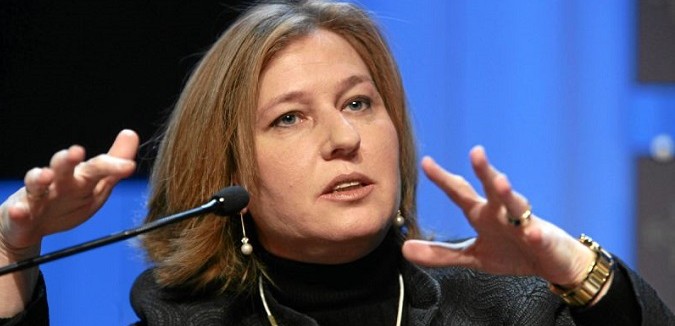Members of Israel’s governing coalition sought this weekend and into Monday to dampen criticism of a Cabinet decision to release 104 jailed Palestinian terrorists – almost all convicted of murdering Israeli civilians – as a gesture toward Palestinian diplomats, who have been demanding the concession as a condition for returning to talks.
Netanyahu has also sought to fast track legislation for a referendum on any agreement, and reports indicate he has expressed a willingness to cede huge portions of the West Bank. The effect has been to triggering speculation that the prime minister has moved further left on negotiations, after officially embracing the need for a Palestinian state years ago.
Nonetheless the terrorist release – which the Israeli cabinet voted to approve over the weekend – has generated substantial domestic blowback.
Rabbi Seth Mandell – the father of a 13-year-old son killed in a 2001 terror attack and an activist for the families of terror victims – blasted the decision. The Jerusalem Post titled its editorial “Too High a Price”, and commented on the contrast between Israeli concessions and recently aired Palestinian declarations glorifying the terrorists as heroes. In Maariv a textless cartoon showed dancing Palestinian prisoners with blood dripping from their hands onto the floor to form a Star of David. On Ynet analyst Yoaz Hendel warned that the sequence of prisoner releases was creating an expectation among Palestinians for a deal over “the next Gilad Shalit.”
In 2011 Israel released more than 1,000 prisoners – many of them Hamas members with blood on their hands – in exchange for captive soldier Gilad Shalit. Three years earlier Jerusalem released the arch-terrorist Samir Kuntar and four other Hezbollah operatives in exchange for the bodies a number of Israeli soldiers, and hundreds of prisoners were exchanged in similar deals in 2005, 2004, 1998 and 1996.
Commenting on the contrast, Israeli Justice Minister Tzipi Livni acknowledged that “In the past, Israel released prisoners with a gun to her head and handed them at the terrorist organizations’ request. Today it’s not the case, we release vile murderers who rightfully spent years in the Israeli prison, and they will only be released if the negotiations prove serious.”
Israeli Prime Minister Benjamin Netanyahu described personal and public angst over the decision, emphasizing “[t]his moment is not easy for me. It is not easy for the ministers. It is not easy especially for the families, the bereaved families, whose heart I understand.”
Israeli-Palestinian talks are set to begin this evening. Israel is sending Yitzhak Molcho, an attorney and close adviser to Prime Minister Benjamin Netanyahu, to the U.S. capital alongside Justice Minister Tzipi Livni, who doubles as Israel’s negotiating envoy. The Palestinians are sending longtime chief negotiator, Saeb Erekat and Mohammed Shtayyeh, an adviser to Palestinian Authority President Mahmoud Abbas.
[Photo: FlickreviewR / Wiki Commons]




